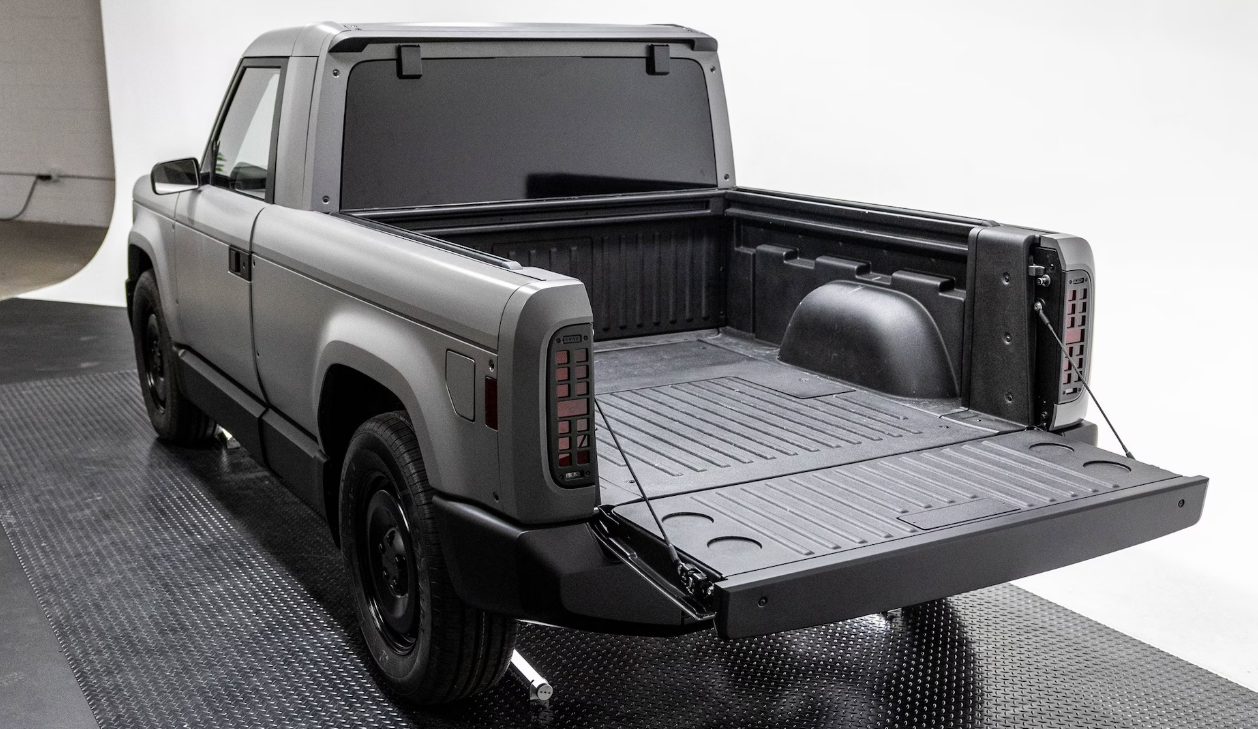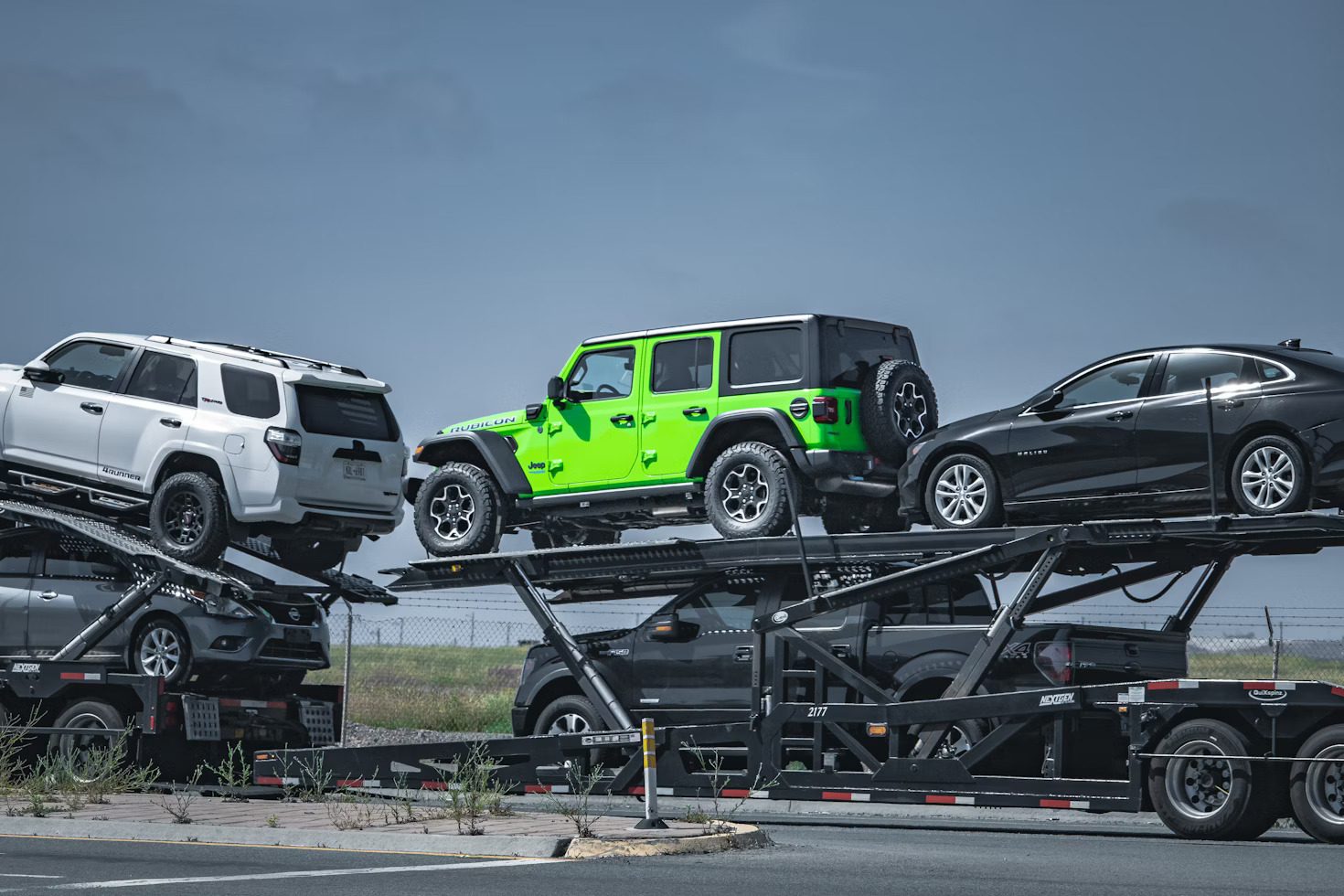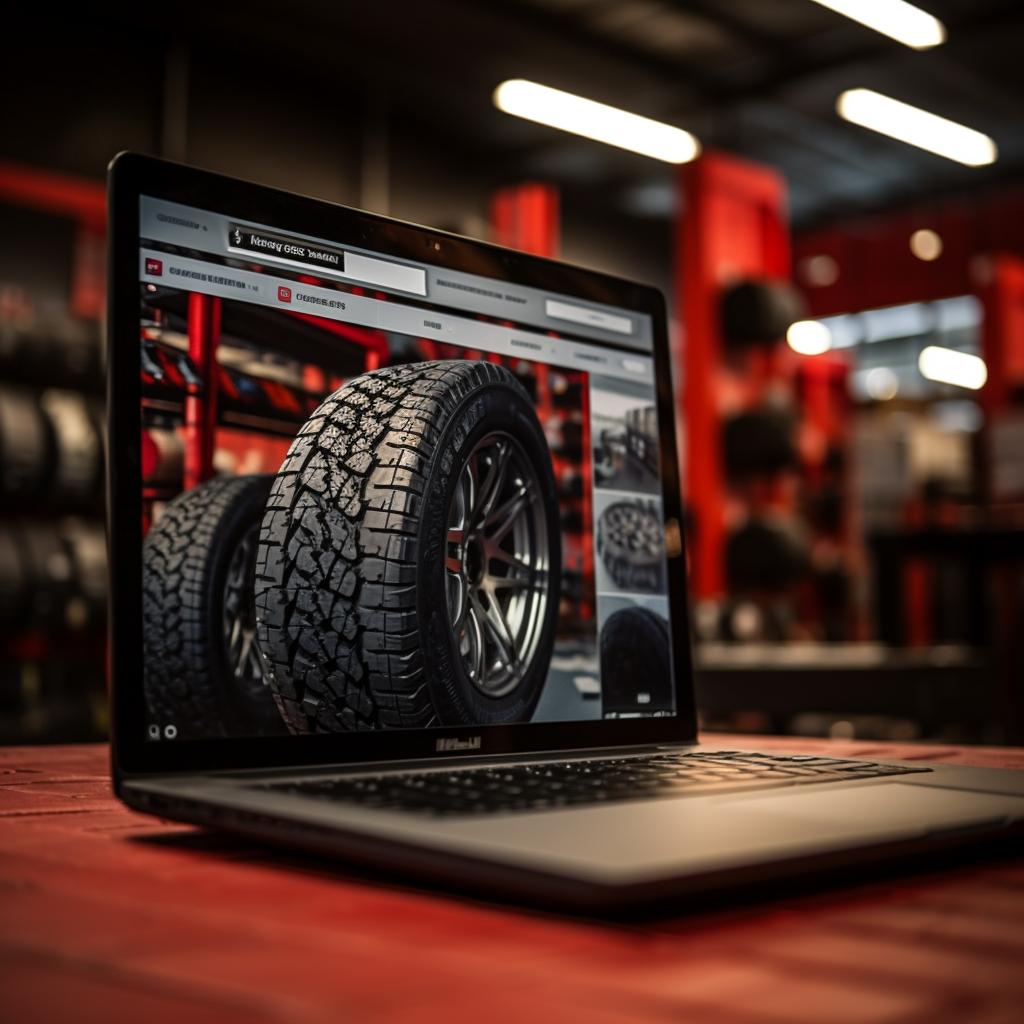Last Updated on August 1, 2025
Discover the Key Considerations When Selecting the Best Horse Trailer Tires
Are you planning on hitting the trail with your horse this summer?
Nothing is more satisfying than a horseback riding adventure in this gorgeous country. You love your horses, and the feeling is mutual. If you want the best travel experience for your horses, they will give you the best trail experience on the other end.
You must ensure your trailer and horses are prepped and ready to saddle up and hit the trail. You want a smooth ride for them, so you need good horse trailer tires. Here’s a step-by-step guide to hauling horses so your equine friends have the best ride to the trail.
Preparing Your Trailer
According to animal rescue expert Dr. Tomas Gimenez, one of the leading causes of horse trailer wrecks is a lack of proper maintenance. Maintaining and preparing your trailer for the trip is essential for safety.
- Apply reflective material: If trailer lights stop working because of an electrical malfunction, put reflective tape on the back so people can see you at night.
- Change horse trailer tires: You should replace tires on your vehicle and your trailer every three to five years, depending on use and tire condition; for your trailer, consider a best-in-class horse trailer tire such as the Carlisle Radial Trail RH, an all-terrain tire that’s heat-resistant for longer life; make sure your tires have the proper load rating for a fully loaded trailer.
- Inspect wiring: Make sure your trailer’s wiring is in good condition
- Service axles: Have a mechanic service your trailer axles every year or every 6,000 miles
- Make certain horses have enough room: According to the University of Connecticut’s Department of Animal Science, 1.14 to 1.31 square meters per horse is optimum for minimizing injuries
- Make sure the trailer has proper ventilation: This includes windows, slats, and roof vents
Make sure the trailer doesn’t have any sharp edges
- Inspect flooring: Remove mats and ensure floorboards aren’t rotted and in solid shape, paying particular attention to the corners and where the boards are bolted to the trailer frame.
- Inspect the ramp: Look for damage to the metal framing that could injure the horse and check the boards for integrity.
- Inspect hauling equipment: Ensure latches, dividers, butt bars, and tie rings are all in good working condition.
- Optimize suspension: Rubber torsion suspension is better than drop-leaf suspension because it lessens shock from bumps and potholes by up to 98 percent
- Subscribe to road service: USRider has a 24-hour roadside assistance program specifically for your purposes.
Ensure tires (including your spare tire) are correctly inflated and check them with a pressure gauge every 30 days—you’ll get better fuel efficiency and have a safer trip. Consult this article from The Horse on additional maintenance points. Once you’ve ensured your trailer and horse trailer tires are in tip-top shape, it’s time to get your gear on lockdown.
Preparing Your Gear
Each horse owner has a list of gear. The following items are essential for a trailer trip with your horse.
- First-aid kit
- Extra water
- Coggins report: You need to be able to prove your horse has passed the Coggins Test within the last 30 days if you’re traveling out of state
- Roadside kit: Include jack, tire iron, blocks for changing tires, tire chocks, spare tires, tools, fuses, jumper cables, flashlight, flares, and fire extinguisher
- Hay: It’ll keep your horse occupied and calmer during the trip, fuel them for the ride before, and satisfy them afterward.
Have you got your gear? Good! If you made it this far, it’s safe to say you’re ready to trailer your horse like a pro.
Trailering Your Horse
Trailering can be a very stressful time for some owners and horses. If you or your horse are not well-versed in trailering, plan to take extra time to load and drive. Ideally, you have worked with your horse before the scheduled trip.
If you have a friend or trainer who is well-versed in teaching a horse to trailer, it is well worth getting their help to ensure you always have a positive, safe loading experience. Ensure your trailer is hitched up and on solid ground, free of obstructions when loading.
The primary thing to remember is to stay calm and try to make the experience positive for your horse so that trailering is not upsetting.
If you are a novice, you may try trainer Valerie Sweeton’s method of a “go-forward” cue, which involves tapping the horse on his upper hip and making kissing sounds. She starts tapping with her hand, then uses a crop, then stops tapping once the horse starts to move forward.
Again, trying these methods before our travel date is ideal so you and your horse know what to expect and can load safely. When trailering, be sure to drive your rig with consideration for the horse. They cannot see where you are going or when turns are coming, so they are reactive when they lean and adjust to turns, stops, and accelerations.
The main reason horses become poor trailering horses is that they take corners too fast and stop and start too quickly. Ease in and out of turns, stops, and starts. If you want to feel your horse’s feelings, get in your trailer and have someone haul you around the yard. You will quickly see that even at slow speeds, this feels confining and hard to adjust to.
Ensuring Safety on the Road
Transporting our beloved equine companions demands care, consideration, and the right equipment. Central to this is selecting the proper horse trailer tires, ensuring a smooth ride and paramount safety for your horses.
1. Understand Tire Designations
When shopping for horse trailer tires, it is essential to look for tires designated as ‘ST’ (Special Trailer). Unlike regular car or truck tires, ‘ST’ tires are designed to handle heavier loads and reduce sway during transit.
2. Check the Load Range
A tire’s load range indicates its carrying capacity. For horse trailers, Load Range D or E is commonly suitable. However, always consider the combined weight of the trailer, horses, and additional equipment. A tire that can handle the weight ensures stability and safety on the road.
3. Tire Size Matters
Standard horse trailer tire sizes include 205/75R15, 235/85R16, and 225/75R15. However, always refer to the manufacturer’s recommendation for your specific trailer model. Using the correct size guarantees optimal performance and reduces wear and tear.
4. Prioritize Durability and Longevity
The material and tread design can significantly impact the lifespan of your tires. Look for tires renowned for their durability, especially since horse trailers are typically not used daily, leading to potential issues like dry rot.
5. Consider the Terrain
Will you be primarily traveling on highways or venturing into more rugged terrains? The type of terrain influences the choice of tire. Ensure your selection can handle the roads you frequent.
6. Regular Maintenance is Key
Even the best horse trailer tires demand regular checks. Ensure proper inflation, check for signs of wear, and replace them at the first hint of deterioration. Regular maintenance ensures a safer journey for your equine companions.

Congratulations! You’re ready to take off on a trail-riding adventure with your horse. For more updated and ongoing information on traveling safely with your horse in tow, check out the travel safety section of the USRider site.
Conclusion
Selecting the right horse trailer tires is essential to ensuring a smooth and safe journey for your horses. With numerous brands and models available, it can seem daunting. But by keeping the above points in mind, you can make an informed decision, prioritizing the safety and comfort of your equine companions.
Ready to hit the road with confidence?
Shop now at Tires Easy for the best selection of horse trailer tires, guaranteeing both safety and optimal performance on every journey.
Choose right; choose Tires Easy!
FAQs
How do I choose a trailer tire?
Check the trailer’s Gross Vehicle Weight Rating (GVWR), consider the tire load range, look for a tire designated as ‘ST’ (Special Trailer), and ensure the size and specifications match the trailer manufacturer’s recommendations.
What size tires do horse trailers use?
Horse trailers commonly use sizes like 205/75R15, 235/85R16, and 225/75R15, but they vary based on the trailer’s size and capacity.
How do I choose a horse trailer?
Consider the number of horses you’ll transport, decide between a bumper pull or gooseneck hitch, ensure adequate ventilation and safety features, check the trailer’s material (aluminum vs. steel), and always inspect the trailer’s condition if buying used.
What load range should horse trailer tires be?
The load range for horse trailer tires should at least match the combined weight of the trailer and maximum load (horses and equipment). Load Range D or E is commonly suitable for many horse trailers, but always consult the trailer’s GVWR.
-
Automotive Specialist
-
Proofreader
-
Writer









